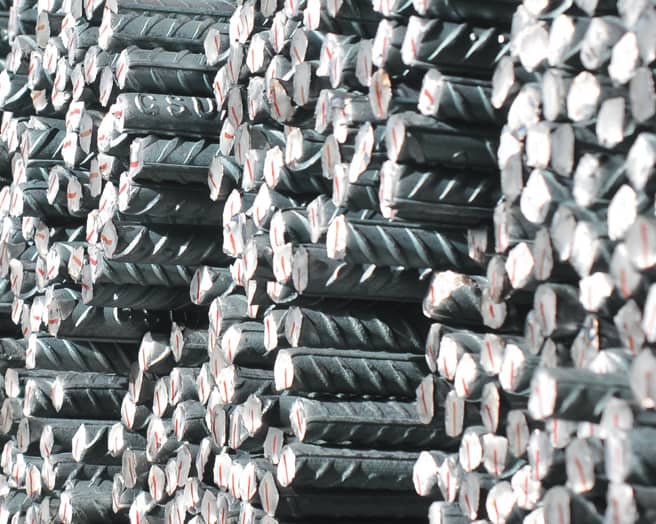Benefits of using steel in constructing buildings

Today, practically all industries have major applications of structural steel. From industry equipment to finished products, structural steel is used everywhere. Buildings, bridges, high-rise buildings and warehouses are made using structural steel sections.
Industry experts prefer the use of structural steel over any other building material for construction. This is mainly because of the innumerable benefits structural steel provides. Let’s find out what they are
- Safety: Safety is the primary goal of any building; steel provides a majority of the safety benefits everyone expects when they enter a structure.
- Steel is non-combustible. It does not ignite nor spread flames.
- It is resistant to rust and corrosion when properly coated.
- It does not mold or mildew.
- It resists splintering and shattering during extreme movement.
- Speed of construction: The majority of structural steelwork is prefabricated, with very little site work required other than assembly via bolted connections. This leads to fast construction times. Unlike concrete, steel frames are full strength as soon as they are completed, allowing immediate access for trade.
- Value for money: Faster construction means earlier handover and tenancy. Smaller member sizing (in particular, columns) equals greater net lettable space. Longer spans equate to more flexible internal spaces. Construction steel is relatively cheap compared to other building materials.
- Prefabrication: Steel sections can be produced off-site on shop floors and then assembled onsite. This saves time and increases the efficiency of the overall construction process and site safety. A reduced timeline results in reduced hours of paid labor.
- Reduced weight: A steel structure is intrinsically lighter than an equivalent concrete structure due to the higher strength and stiffness of steel. With lightness comes reduced load on foundations, hence smaller foundations and an ability to perform better for some ground conditions.
- Design Flexibility: Most of the unique building designs seen today are not possible without steel. Structural steel is very flexible. You can mold it into any shape, without changing its properties. You can convert it into sheets or turn it into wires as per the design.
- Durability: It is very durable. Structural steel structures can withstand external pressures such as earthquakes, thunderstorms, and cyclones. A well-built steel structure can last up to 30 years if maintained well.
Gulf Steel is a renowned Steel Manufacturer in UAE. Established in the year 1992, Gulf Steel has emerged as a market leader with its quality steel products like Rebars, Welded Mesh, and Cut & Bend products.
 +971 2 551 0325, +971 50 441 5348
+971 2 551 0325, +971 50 441 5348 glfsteel@emirates.net.ae
glfsteel@emirates.net.ae  +971 2 551 0325,+971 2 551 0098, +971 50 441 5348 (Only For Sales Enquiries)
+971 2 551 0325,+971 2 551 0098, +971 50 441 5348 (Only For Sales Enquiries) +971 2 551 0325, +971 50 441 5348
+971 2 551 0325, +971 50 441 5348 glfsteel@emirates.net.ae
glfsteel@emirates.net.ae  +971 2 551 0325,+971 2 551 0098, +971 50 441 5348 (Only For Sales Enquiries)
+971 2 551 0325,+971 2 551 0098, +971 50 441 5348 (Only For Sales Enquiries)